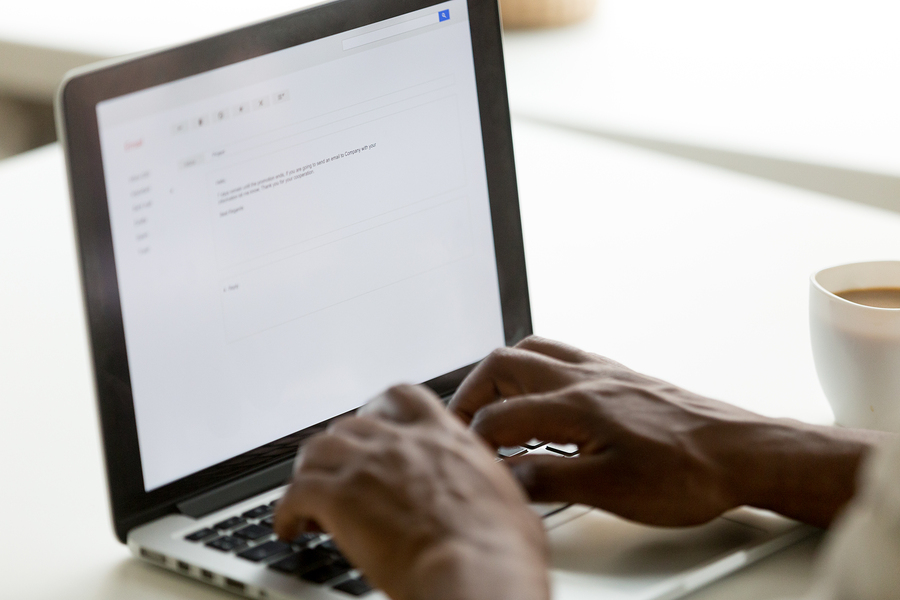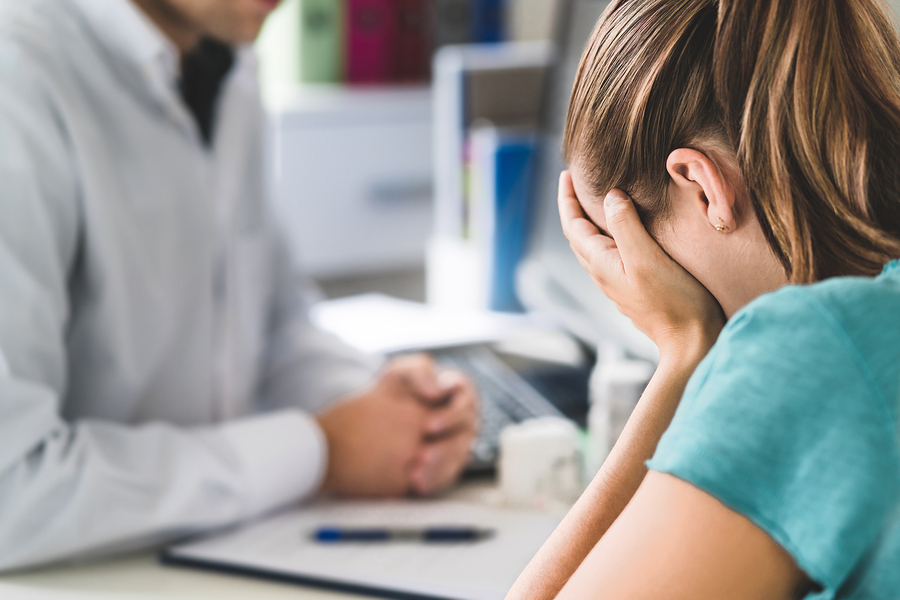It’s a growing problem among employees all over the world. As our stress levels increase and our work demands becoming more intense than ever, our mental health and wellbeing are taking a huge hit.
Around a third of all professionals admit to suffering from mental health problems, so you’d think that discussing our mental wellbeing wouldn’t be an issue. However, with almost half of us confessing that our job is a key contributor to our feelings of stress, employees are becoming increasingly more scared about taking a mental health day off of work for fear of judgement, repercussions and further stress.
At times, we all wish we could escape our day-to-day worries and jet off for a relaxing break as a way of getting away from it all, but mental health within the workplace needs to be addressed and employees need to feel supported when it comes to their mental health, instead of feeling like a burden.
Risk of burnout

Workplace burnouts have recently been formally identified by the World Health Organisation as an epidemic. When you are in a near-constant cycle of stress and worry, it feels as though you can’t break free from the slump and this is a burnout. Telltale signs include physical exhaustion, lack of focus, cynicism and feelings of resentment towards your job. If you are suffering from a burnout, your job performance will take a hit, you’ll be too tired to do anything and your personality traits will shift.
Often, it is the people at home who notice this more than work colleagues, so it is important that you address these issues both at home and work before they take hold. However, if you are worried about taking a sick day, you are only making the issue worse and more difficult to correct. It is important that you catch a burnout early so that your health doesn’t suffer and, if that means taking a sick day or two, then so be it. You might be worried about taking mental health days now, but if you let a burnout progress, you’re potentially looking at weeks off in the future.
What does the law say?
There is no legal difference in taking a physical sick day and a mental sick day, contrary to popular belief. Employers legally must protect the health, safety and wellbeing of their employers and this includes mental health wellbeing also.

Around 19% of us have called in to work sick due to stress, but a staggering 90% of us have given different reasons for our absence, including headaches and stomach upsets. Sadly, there is still a huge stigma which surrounds mental wellbeing, so many of us hide the real reason for absence for fear of judgement, repercussions and disciplinary action.
How to tell your boss you’re taking a mental health day off
Speaking out about your mental health can be extremely daunting, but it needn’t be! Talking to your boss openly about your mental health may seem a tricky situation to broach, but it’s a good idea if your mental health is something which is an ongoing issue. Under various equality acts, your employer has a legal duty to make provisions for you if you need them and this covers mental health problems if there is an adverse, substantial and long term effect on your day to day activities. If you’ve never broached the subject with your work colleagues or employer before, sometimes it is completely necessary and worth it, for both your health in the moment and the future.

If you don’t want to discuss the subject with your boss face to face, then send an honest and upfront email the evening before you need the day off, or call them in the morning. If you still can’t face talking about your mental health in the workplace, then that’s fine! Just saying you’re “not feeling well” isn’t untrue and still validates your reasoning for being off. However, being open about your mental health is a big step and if you choose to actively discuss the issue in the workplace, then you never know who you’re helping by doing so.
What to do when you take a mental health day
Taking a mental health day is a great way of embracing how you feel and addressing your mental health. A mental health day can provide a valuable period of time to reset your brain and body which then leaves you feeling more productive and positive moving forward. When you take a mental health day, you might just feel like staying in bed, which is perfectly fine, but there are some tips and tricks to help you get the most from your day.

It is important that you get a good night’s sleep every day of the week, but the night before your mental health day, try to get around 8 hours sleep. If you’ve been feeling unwell or stressed for a week or two, you might not be sleeping as well as you should, so you’ll instantly feel refreshed.
Eat a good meal, whether it be a healthy or nutritious one or just a dish you really enjoy, and just spend some time getting to know what you can do moving forward to keep yourself feeling better. It may be worth seeing your doctor and see what they suggest, as many people who suffer from extreme stress or anxiety have linked symptoms, such as headache, gut issues and fatigue. Your doctor may suggest anything from digestive health supplements, natural oils and anti-stressors or even just exercise to help you feel better.


